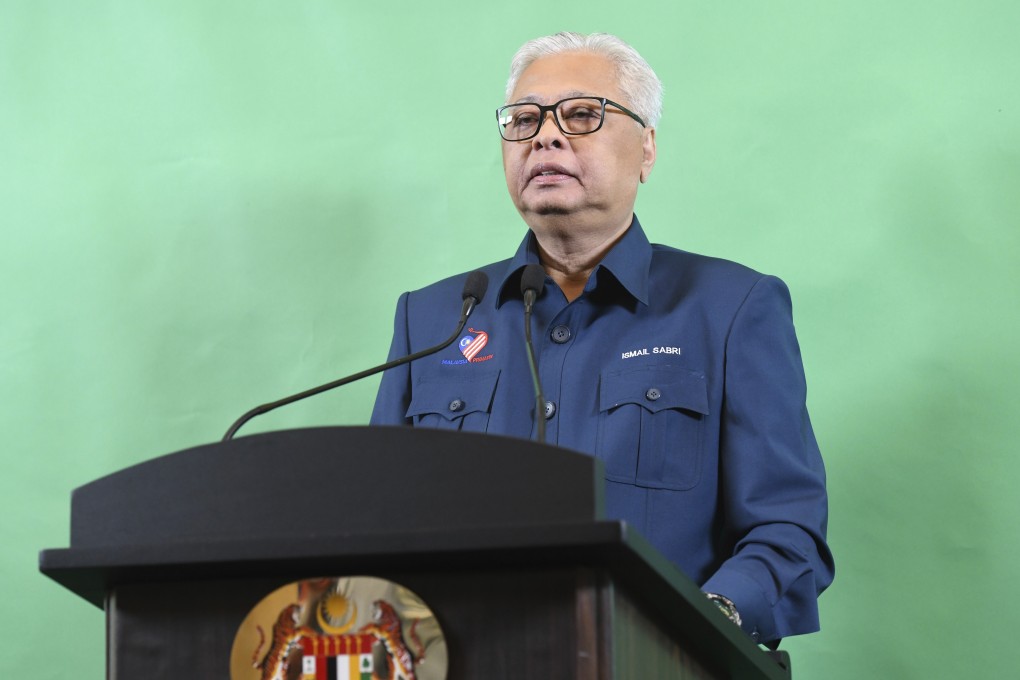Advertisement
Malaysian PM Ismail Sabri’s reform pledge in spotlight as parliament meets
- Political analysts said the manner in which the newly installed prime minister treats the legislature could determine the staying power of his government
- His predecessor Muhyiddin Yassin, who resigned last month, met his downfall after attempting to sideline lawmakers by keeping parliament suspended
Reading Time:4 minutes
Why you can trust SCMP
1

Hadi Azmiin Kuala Lumpur
Newly installed Prime Minister Ismail Sabri Yaakob’s proposal for sweeping institutional reforms will be in focus as Malaysia’s parliament convenes on Monday for the first time following a bitter political crisis that led to his predecessor Muhyiddin Yassin’s resignation last month.
Political analysts said the manner in which Ismail Sabri treats the legislature could determine the staying power of his government, after Muhyiddin met his downfall partly by sidelining lawmakers during his 17 months in power.
The ousted leader had insisted on keeping the legislature closed from January to August amid a nationwide state of emergency that was declared to deal with the Covid-19 pandemic. In late July, he begrudgingly allowed a brief sitting but disallowed a debate on the emergency – incurring the wrath of King Sultan Abdullah Sultan Ahmad Shah, the opposition and even his own allies in the process.
Advertisement

That decision ultimately led to MPs pulling their support for Muhyiddin, with the king appointing Ismail Sabri as his successor on August 21 after determining through secret ballot that the latter had the backing of 114 of 220 MPs.
Advertisement
On Friday, Ismail Sabri said his cabinet had given the green light to a plan for sweeping institutional reforms including an anti-party hopping law, a 10-year term limit for the prime minister and a bigger role for the opposition in the law drafting process.
Advertisement
Select Voice
Select Speed
1.00x